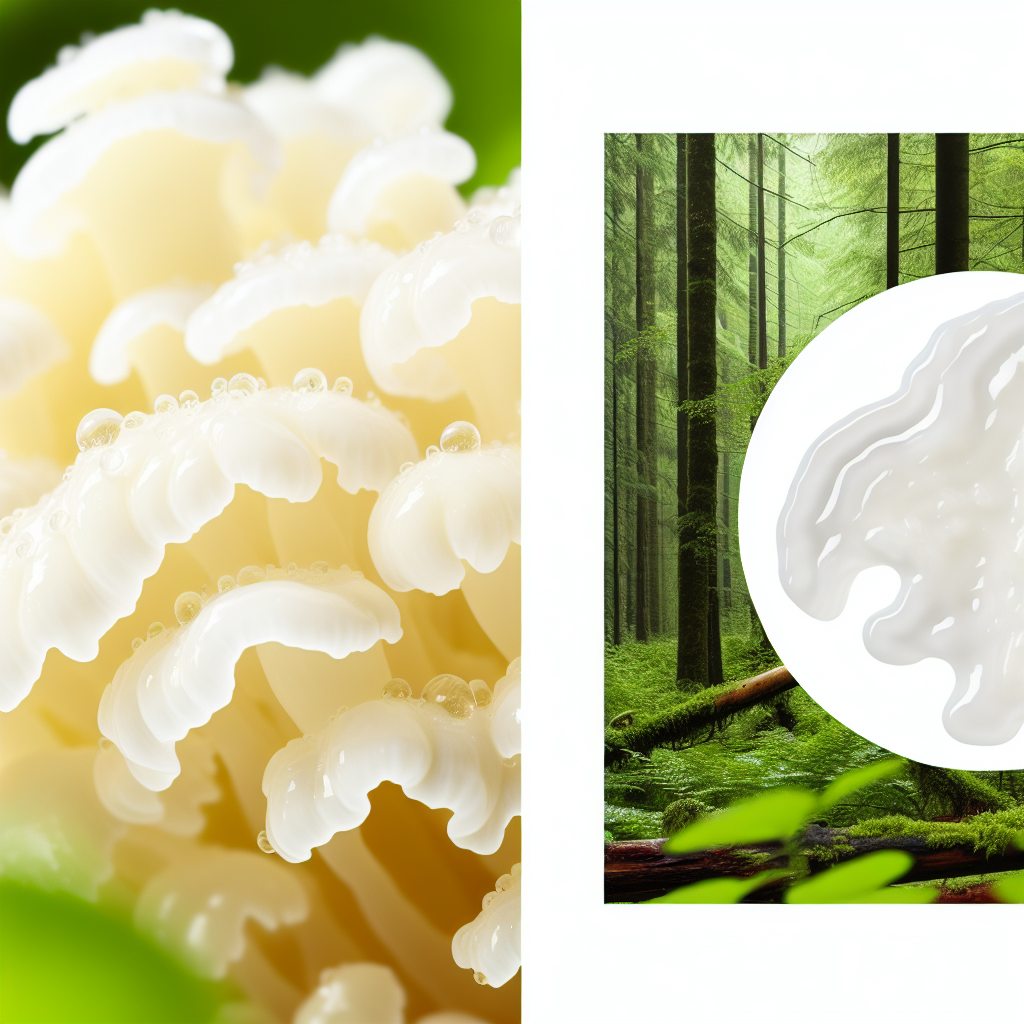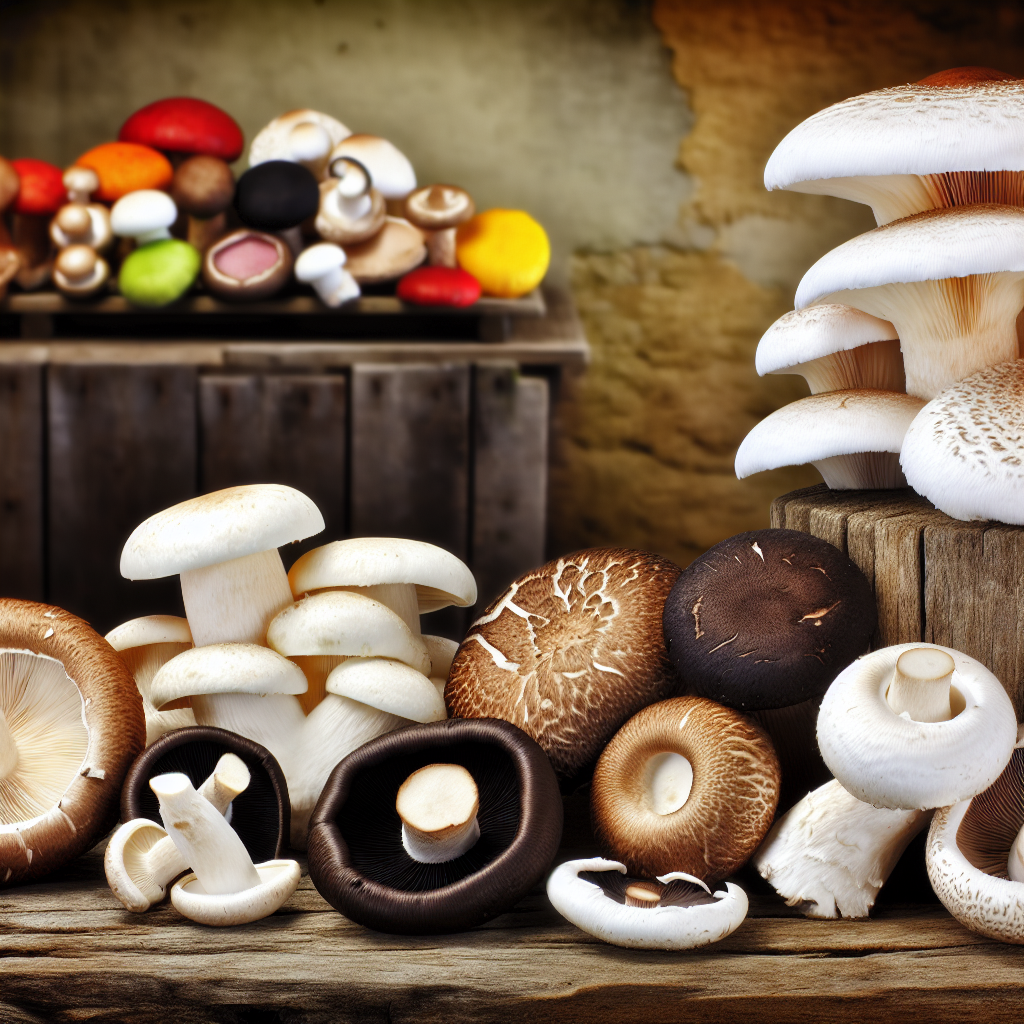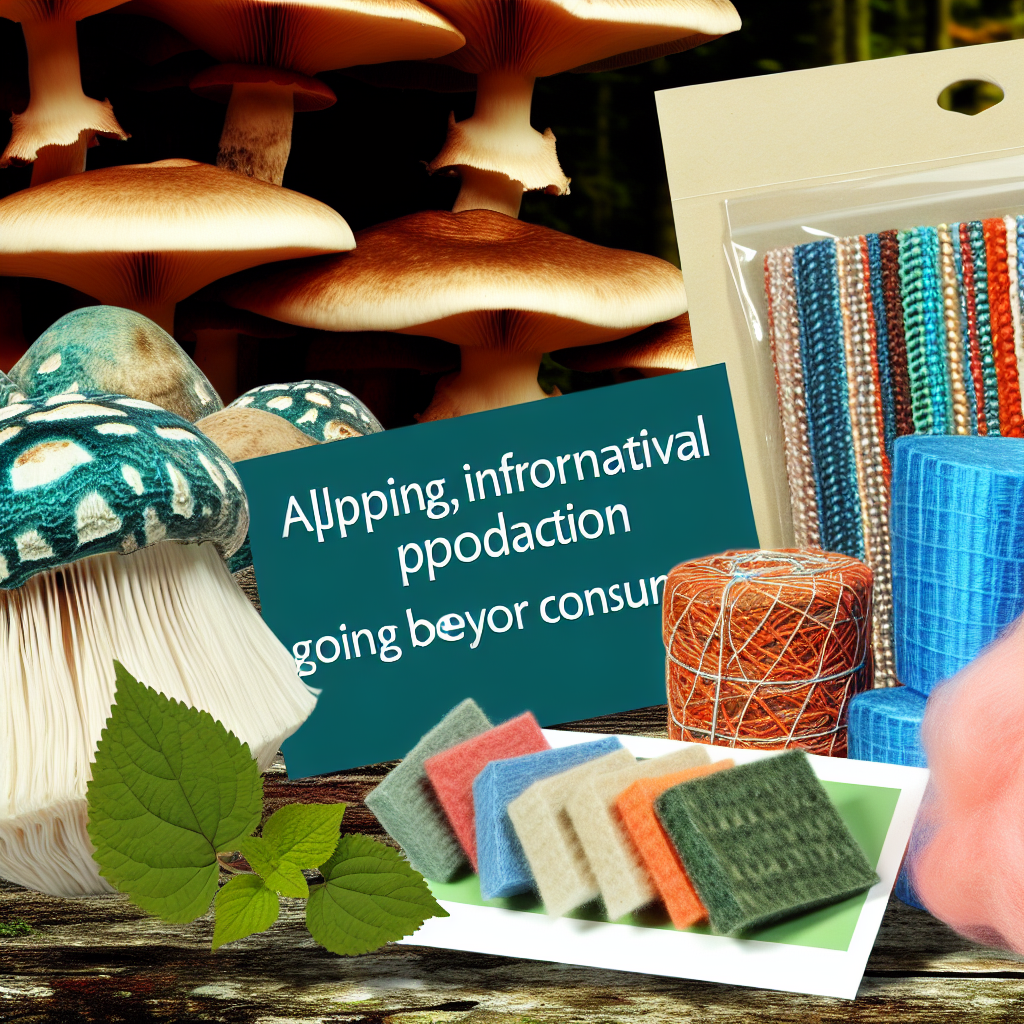Turkey Tail Mushroom Extracts vs. Tinctures: Which Method Yields More Benefits?
Introduction: A Rising Star in Holistic Health
In the ever-evolving world of natural wellness and holistic medicine, medicinal mushrooms have carved a powerful niche. Among the most celebrated fungi for their health-promoting properties is the Turkey Tail mushroom (Trametes versicolor), recognized by its vibrant, multicolored layers and fan-like shape.
Traditionally used in Chinese medicine for centuries, Turkey Tail is hailed for its impressive immune-boosting compounds, particularly beta-glucans and polysaccharide-K (PSK). With modern science investigating and validating its therapeutic powers, Turkey Tail is increasingly being embraced in Western medicine as a complement to conventional treatments, from oncology to gut health.
As Turkey Tail products gain popularity among health-conscious consumers, understanding the differences between available forms is crucial for maximizing benefits. Two of the most common forms on the market are extracts and tinctures. Although they may sound similar, extracts and tinctures undergo different preparation processes and offer varying levels of potency, bioavailability, and therapeutic outcomes.
Scientific and Clinical Insights: What the Research Says
The therapeutic potential of Turkey Tail mushrooms has been extensively studied, most notably in Asia, where it’s used as an adjunct therapy in cancer treatment. The primary bioactive compounds—PSK (polysaccharide-K) and PSP (polysaccharide-peptide)—have been spotlighted for their capacity to modulate immune responses and improve quality of life in patients undergoing chemotherapy or radiation.
One of the most cited studies appeared in the journal Cancer Immunology and Immunotherapy, where researchers discovered that PSK, derived from Turkey Tail extracts, prolonged survival in cancer patients, particularly those with gastric and colorectal cancers. PSK is extracted using hot water, highlighting the importance of water-soluble compounds, which are often more concentrated in hot water extracts than in tinctures. [Study Source](https://link.springer.com/article/10.1007/s00262-012-1290-3)
Additionally, a phase I clinical trial conducted by Bastyr University and the University of Washington evaluated the safety and immune-modulating potential of Turkey Tail mycelial extracts in women with breast cancer. The study showed that daily consumption of Turkey Tail extract enhanced natural killer (NK) cell activity and other key immune functions. [NIH Clinical Trial NCT00995355](https://clinicaltrials.gov/ct2/show/NCT00995355)
While alcohol-based tinctures preserve a wider range of compounds, including aromatic terpenes and some flavonoids, they may not extract as high a concentration of beta-glucans or PSK. Moreover, studies evaluating Turkey Tail tinctures remain limited in quantity and scope. This does not imply that tinctures are ineffective, but rather that more standardized clinical data exists supporting the efficacy of extracts—particularly those produced through dual extraction methods.
Another important study published in Frontiers in Pharmacology (2021) emphasized that concentrated mushroom extracts offer enhanced bioavailability and targeted therapeutic potential compared to broader, less concentrated tinctures. [Read the Study](https://www.frontiersin.org/articles/10.3389/fphar.2021.710586/full)
Extracts vs. Tinctures: A Breakdown of Key Differences
Let’s evaluate how extracts and tinctures compare based on several influential factors:
| Feature | Extracts | Tinctures |
|————————–|————————————-|————————————–|
| **Extraction Method** | Dual (water + alcohol) | Alcohol-based infusion |
| **Key Compounds Captured**| Beta-glucans, PSK, PSP, triterpenoids| Terpenes, flavonoids, minor polysaccharides|
| **Potency** | High (standardized concentrations) | Moderate to low |
| **Bioavailability** | Higher due to concentration | Moderate |
| **Clinical Backing** | Strong, especially in cancer therapy| Limited clinical research |
| **Ease of Use** | Capsule or powder format | Liquid drops (portable) |
Dual-extraction techniques, in particular, provide a comprehensive approach by drawing out both water-soluble and alcohol-soluble compounds, creating a full-spectrum supplement without compromise.
When to Choose Extracts Over Tinctures (and Vice Versa)
If your goal is targeted immune support, adjunctive therapy during medical treatment, or managing chronic inflammation, Turkey Tail extracts (especially dual-extracted) offer a more clinically supported and potent option. These concentrated supplements are ideal for individuals with serious wellness goals who seek measurable results from their regimen.
However, if you’re looking for a general wellness boost, occasional immune support, or on-the-go convenience, a Turkey Tail tincture may still be a suitable option. Just be aware that its benefits, while valid, are lesser-researched and may be subtler.
Final Thoughts: Which One Reigns Supreme?
Choosing the right form of Turkey Tail comes down to your personal health objectives. While tinctures offer versatile, easy-to-use applications with a wide compound profile, Turkey Tail extracts—particularly those made through dual-extraction—present a more powerful, science-backed route to therapeutic benefit.
Whether you’re supporting immune resilience or navigating recovery alongside conventional treatment, Turkey Tail extracts emerge as the superior choice for maximal impact.
Summary:
Turkey Tail mushroom is a celebrated medicinal fungi known for its impressive immune-boosting compounds like beta-glucans and polysaccharide-K (PSK). Turkey Tail extracts and tinctures offer different benefits – extracts provide higher potency and stronger clinical backing, especially for immune support and cancer therapy, while tinctures offer a wider spectrum of compounds in a more convenient liquid format. Ultimately, the right choice depends on your specific health goals, with extracts being the superior option for targeted therapeutic outcomes.
References:
– [NIH Clinical Trial on Turkey Tail Immunity: NCT00995355](https://clinicaltrials.gov/ct2/show/NCT00995355)
– [Cancer Immunology Study on PSK: Springer Study](https://link.springer.com/article/10.1007/s00262-012-1290-3)
– [Fungal Extract Efficacy – Frontiers in Pharmacology: Read Now](https://www.frontiersin.org/articles/10.3389/fphar.2021.710586/full)
– [National Center for Complementary and Integrative Health – Turkey Tail: NCCIH info](https://www.nccih.nih.gov/health/turkey-tail)
– [Memorial Sloan Kettering Integrative Medicine Turkey Tail Overview: MSKCC resource](https://www.mskcc.org/cancer-care/integrative-medicine/herbs/turkey-tail)

Dominic E. is a passionate filmmaker navigating the exciting intersection of art and science. By day, he delves into the complexities of the human body as a full-time medical writer, meticulously translating intricate medical concepts into accessible and engaging narratives. By night, he explores the boundless realm of cinematic storytelling, crafting narratives that evoke emotion and challenge perspectives. Film Student and Full-time Medical Writer for ContentVendor.com




